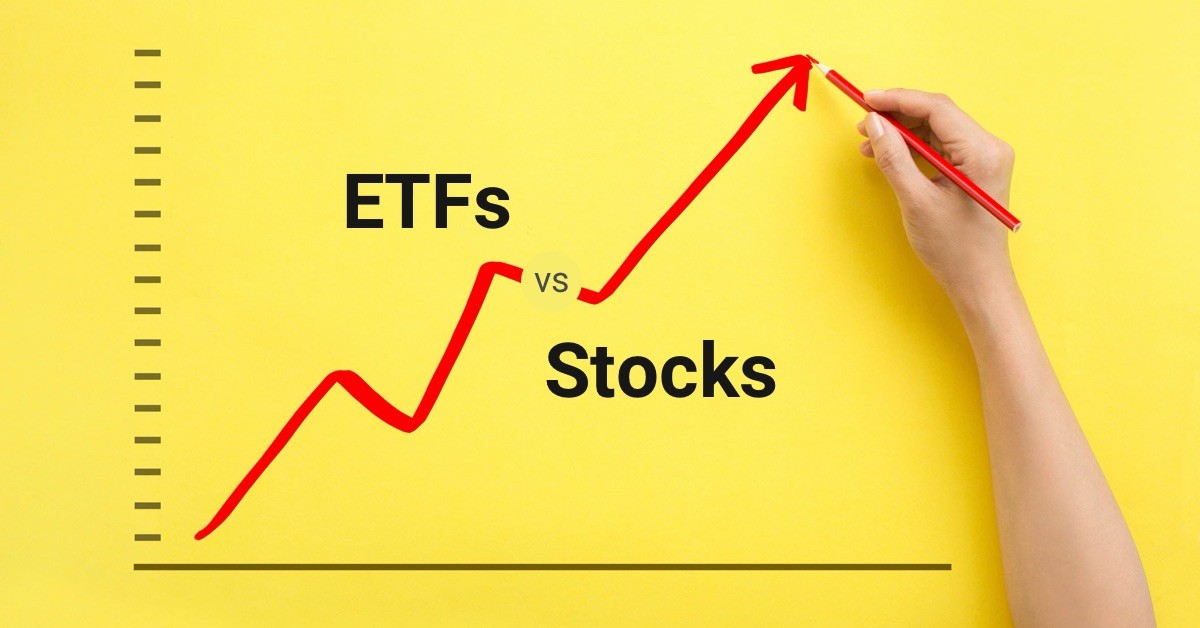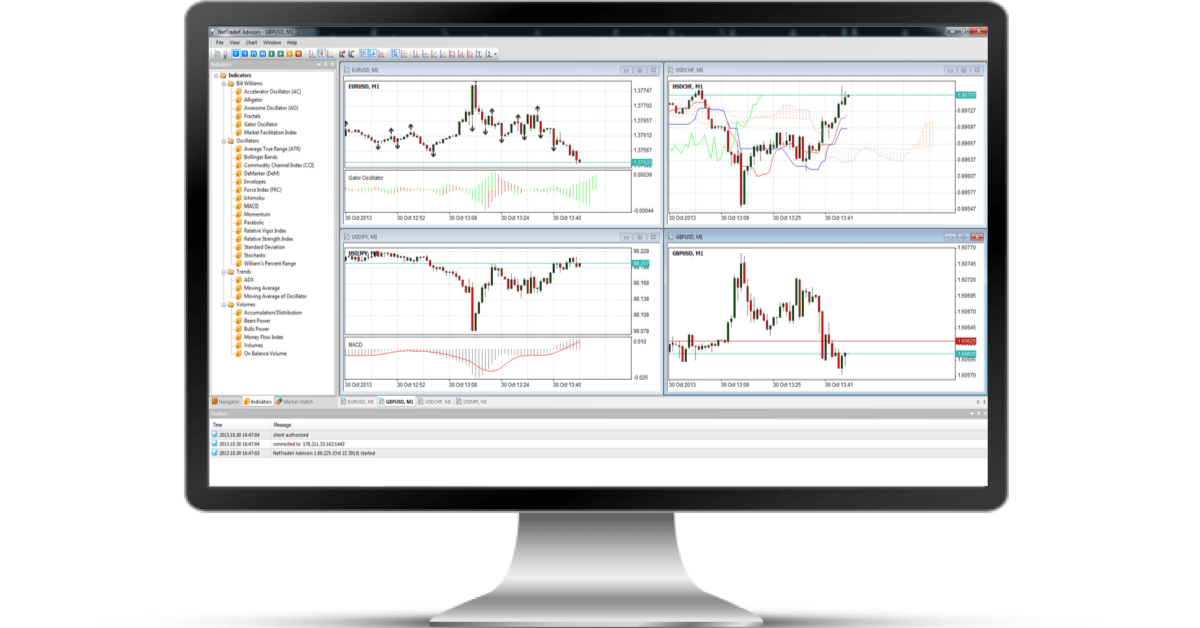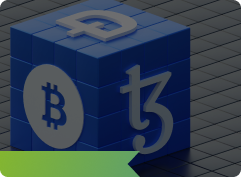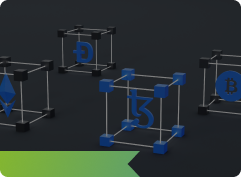ETFs vs Stocks. Where to invest?
Before deciding what to choose between buying stocks or ETFs, traders` first places to look at are risk reduction options and, of course, returns that beat the market. It is worth noting that each of these options has both advantages and disadvantages. To determine the most suitable investment option, investors need to weigh the pros and cons and familiarize themselves with the characteristics of each asset.
Recently ETF funds are gaining popularity among investors. ETFs include a set of shares of several companies of a particular country, index, sector of the economy and follow their general dynamics. If everything is very clear to experienced market participants, then novices often face a legitimate question: "What are the pros and cons of ETFs and where to invest?"
Advantages and Disadvantages of ETFs
Advantages of investing in ETFs
- Investing in ETFs does not require a lot of capital.
- The investor will not need to monitor the state of the market and analyze investment prospects for each individual asset. To achieve a result, investors only need to buy index funds.
- Effective diversification.
Disadvantages of investing in ETFs:
- Relatively low growth potential.
- Additional costs in the form of fund management fees.
Advantages and disadvantages of Stocks
Advantages of investing in Stocks
- Traders can start with a small amount.
- High growth potential.
- The ability to receive passive income - dividends.
Disadvantages of investing in Stocks
- When investing in stocks, investors should at least have a basic knowledge of money management. (not a fatal disadvantage)
- The investor will have to independently track positions and analyze the effectiveness of investments in each specific asset.
- Compared to ETFs, stocks are significantly less diversified in terms of diversification.
Stocks vs ETFs: Which Is Better?
When deciding whether to pick stocks or select an ETF, traders should look at the risk and the potential return that can be achieved. Stock-picking offers an advantage over ETFs when there is a wide dispersion of returns from the mean. Traders` knowledge of the industry will give the opportunity to gain an advantage and, hence a large profit.
There is no single solution, it all depends on the experience and skills of the investor:
- Novice investors are better off with ETFs. ETFs are also suitable for those who cannot or do not want to devote so much time to investments.
ETF will be the best choice in the following cases:
- When there is no clear investment strategy
- No distinctive diversification in portfolio
- Small amount of capital.
With experience, investors might start adding stocks to the portfolio or even completely switch to them. As a result, they will get better dividends.
The ideal option is to form a diversified portfolio by purchasing both stocks and ETFs. Let`s say one half of the capital can be invested in reliable index funds, which will reduce the investment risks. The second half of the capital to be used to purchase growth stocks, which will allow the investor to get a good profit in a short time.
Important - every year the portfolio should be reviewed and the proportions of its components should be equalized by selling some assets and buying others.
Professional investor or newbie, IFC Markets have both options.
We welcome you to try to start investing with us.


















